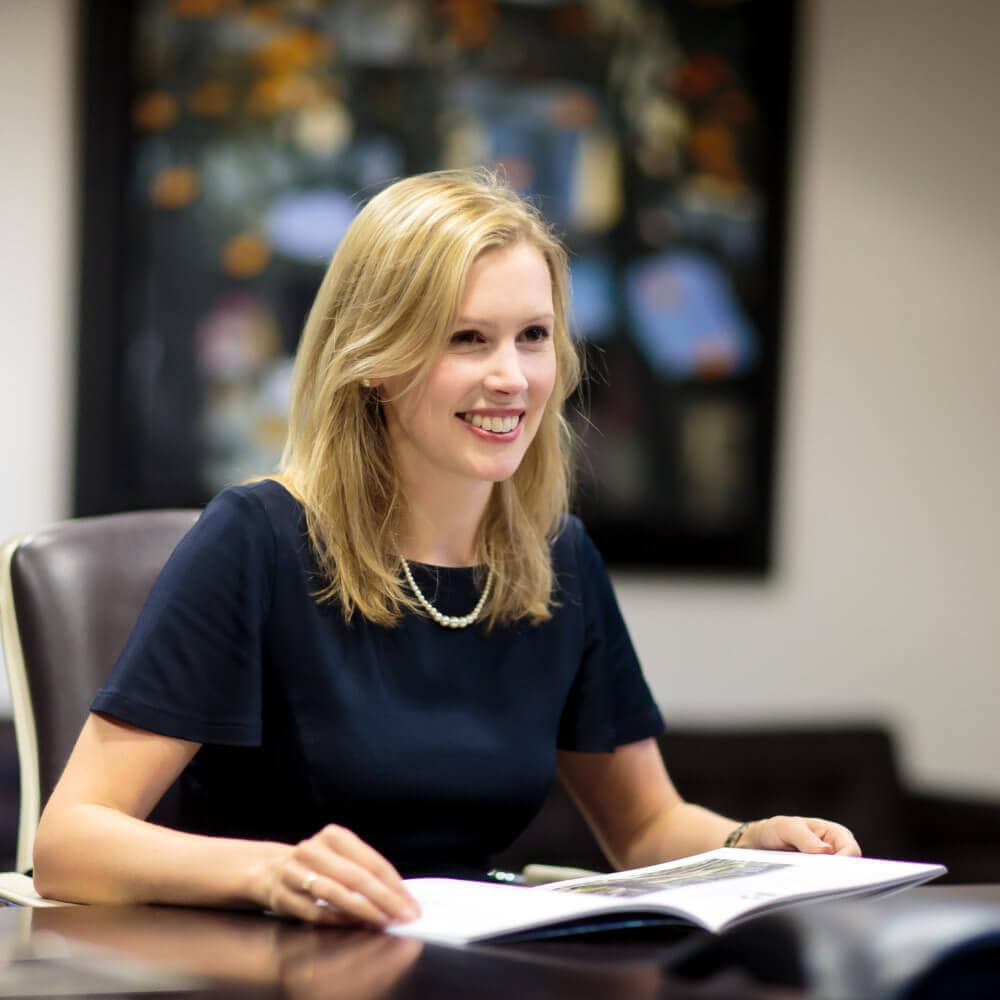In your conversations with family offices, what have they learned and what will they do differently following the pandemic?
“Seeing the range of hardships brought about by the pandemic has served as a reminder to many that their wealth is there to serve a deeper purpose, it is not the end goal in and of itself. If you peel the onion and keep asking what they want it to do, you eventually get to the heart of the matter. This usually includes aspects of both fostering, protecting and growing the family’s human capital – the family members themselves – and social capital – their relationship with the wider community.
The slower pace has enabled deeper reflection about what this then means in practice for them and their families and has led to questions about how well the activities of their family offices currently align with this. Is the family office adding value where it really matters or is it being sidetracked by projects and activities that could be done outside the family office (or not at all)? Have their structures served their purpose or do refinements need to be made?”

The pandemic prompted families to review their existing structures to ensure they were fit for purpose and met their succession needs. Is there any area in particular that families were concerned about?
Challenging times test the structures and arrangements families and family offices have in place. In addition to alignment with purpose, there have been many conversations around governance. This is more than just risk management and includes communication, the flow of information and decision making.
How well did the current arrangements work? Did everyone know who to call as the government made relevant announcements? Did everyone feel sufficiently informed about what was being done? Were they happy with how decisions were made?
The focus is not just on finding fault but recognising what worked well – did communicating virtually rather than arranging face to face meetings mean they spoke more frequently? Were they able to include more people without the usual geographic constraints? Did they have more involvement from the rising generation? How can these benefits be captured and built-in for the future?
Governance does not need to be codified in a full family constitution to be effective. However, the more complex things are, the greater the benefit to having a clear statement of how things are expected to work. Creating one is also a valuable way of engaging the wider family and talking through important topics.

“The pandemic has made many families confront mortality, whether through bereavements or close calls. As a result, succession is becoming less of a planning exercise and more of a reality.
On the positive side, younger family members have stepped up to help fight fires and been given a platform to prove themselves. They have also been able to contribute to the technological advancement and support elder generations, shifting the dynamics. In these instances, it has been easier to speed up some of the transitions of ownership, leadership or management and to get people engaged in planning for these appropriately.
Unfortunately, there are also cases where the additional tensions brought about by the pandemic have been the final straw, resulting in family fall-outs. Where planning was put in place in advance, there are usually provisions to help deal with these situations, enabling some form of resolution (typically with a means for one or more people to exit with a form of financial settlement). However, where this wasn’t the case, trying to find a resolution now with emotions running high is not easy”.
How are the families you work with preparing to support the next generation and has this been impacted as a result of the pandemic?
“I’m really glad you phrased the question like this. Often we talk about educating the next generation but many are arguably far more educated than their predecessors already. Our focus is on helping them to prepare for the tasks ahead.
Recent events have shown that it is harder than ever to predict the future. So families have to prepare their rising generations to thrive in times of uncertainty and disruption. By doing so they are really laying the foundations for the success of the whole family enterprise. Those families that recognise this as one of their fundamental priorities are really focusing now on a much more deliberate approach.
To do this well there are four key elements, firstly starting to share information to build awareness and trust, secondly identifying those areas where they need support and developing a programme to deliver this, thirdly creating scenarios where the older and younger generations work together and can collaborate and connect, such as perhaps on the board of the family foundation and finally creating a vision for the future that the rising generation actively choose to participate in”.

When we published our family office collateral, a key aspiration of the families we interviewed was their philanthropic activity. Have you seen any changes in philanthropic activity following or during the pandemic?
“Philanthropy has been central to many of the conversations I have been having recently. The outlook for many charities at the moment is very bleak with significant numbers expecting to run out of funds imminently. For active philanthropists and family foundations, the focus has been on how they can amend their approach to match the urgency of the current situation.
This has included accelerating instalments of existing grants, streamlining the application process for future grants and removing some of the conditions placed around the use of funds for a particular cause so the charity is able to apply them wherever it needs to (unrestricted funds).
“The conversations are also turning to diversity and many are really challenging themselves to see what practical steps they can take such as involving more people with different lived experience in their decision making processes.
I’m also finding more people want to talk about philanthropy for the first time. Often they have made donations in the past but these have been more ad hoc and reactive and they are now looking to be a bit more deliberate and strategic. It’s not uncommon for them to feel a bit overwhelmed, trying to work out where to start, so it is always good to break things down into simple small steps.
In the current climate, there is also more of a need for all philanthropists to really focus on the end cause that they want their philanthropy to address and to be open to collaborate and work with others. This will hopefully ensure that, while sadly some charities will close, critical services are able to continue”.

Catherine Grum Head of Family Office Services, BDO
Catherine leads BDO's Family Office Services group.Her practice focuses on family offices and enterprising families. She advises families and individuals throughout the process of transitioning wealth and across the family office life cycle from entrepreneurs to established family offices and the next generation. Her specialisms include family governance, family office creation and philanthropy. Catherine’s passion is to help families engage and connect with their financial affairs with meaning and purpose. Read Catherine's full profile on the BDO website: www.bdo.co.uk

